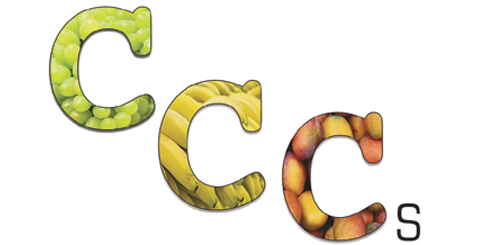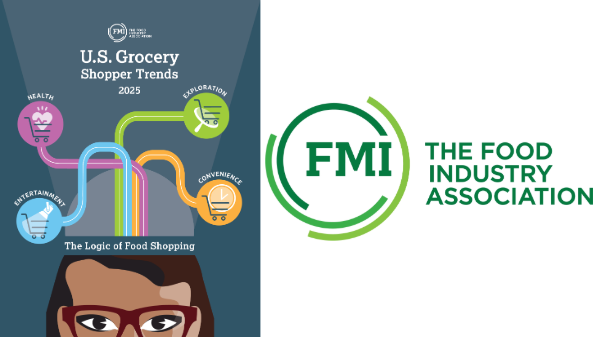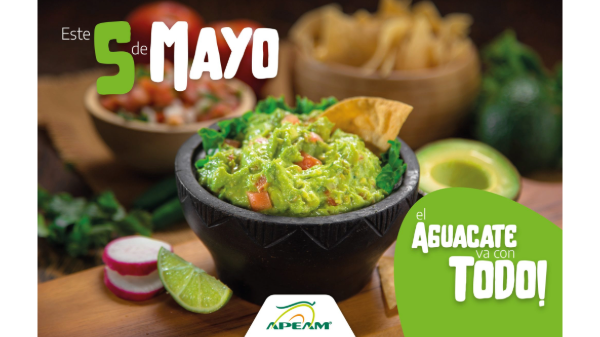Welcome to Blue Book!
Are you ready to join the thousands of companies who rely on Blue Book to drive smarter decisions? View our plans and get started today!
Still have questions? We’d love to show you what Blue Book can do for you. Drop us a line– we’ve been waiting for you.

Matias Araya, a founding partner of the law firm of Araya & Cia in Santiago, Chile specializes in agribusiness dispute resolution and says there can be difficulties in establishing new trade, but ample opportunity to build mutually profitable relationships. Though most North American companies might consider language the top impediment, Araya disagrees. “Any Chilean company that wants to sell produce in the United States, or anywhere in the world for that matter, knows it will need to carry on all negotiations in English.”
Grower-shippers that would like to export product to the United States or Canada, but do not speak English, often sell only to local markets “because they lack the distribution channels that can be developed through networking with native English speakers.”
Araya does caution importers about the “informality” of the Chilean market, warning U.S. or Canadian businesses to only give preseason advances secured with collateral, due to the high-risk nature of dealing in perishables. And when it comes to disputes, the most common mirror those north of the border—arising over price, generally associated with consignment sales. Araya says Chilean exporters often question sale prices below prevailing market rates, while U.S. sellers cite quality issues and the need for a fast sale.
Concluding Thoughts
The Latin world is one of the most dynamic emerging markets in the world, and its proximity to the markets of the United States and Canada make it highly attractive. While the region’s economic history has been unpredictable, recent developments, ongoing stability, and the unprecedented access offered by free trade agreements have increased the viability of Chile, Colombia, and Costa Rica, as well as beyond our selected three Cs to Nicaragua and a number of countries waiting in the wings (such as El Salvador, Panama, and Bolivia).
López of Procomer describes Costa Rica’s exports as “exotic by nature” and the perfect complement for North American markets. “There’s a lot more to us than bananas and pineapples.”
Images: Jiang Hongyan, Paulo Vilela & naluwan/Shutterstock.com








